Dumpster Diving for Documents: The Low-Tech Threat Fueling High-Stakes Identity Theft
Unearthing a Persistent Threat In an era dominated by sophisticated cyberattacks and complex digital fraud schemes, it might seem…
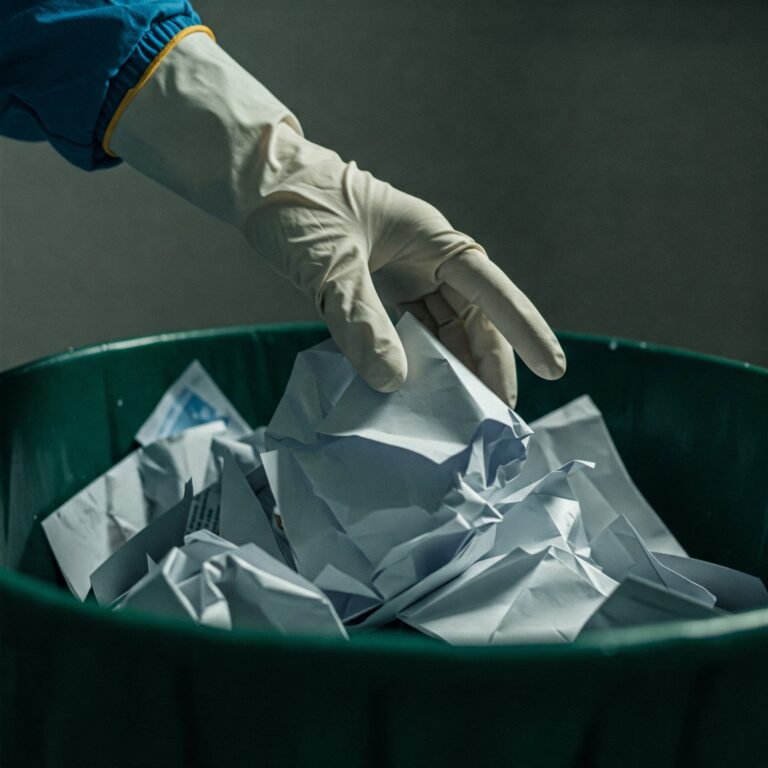
Unearthing a Persistent Threat In an era dominated by sophisticated cyberattacks and complex digital fraud schemes, it might seem…
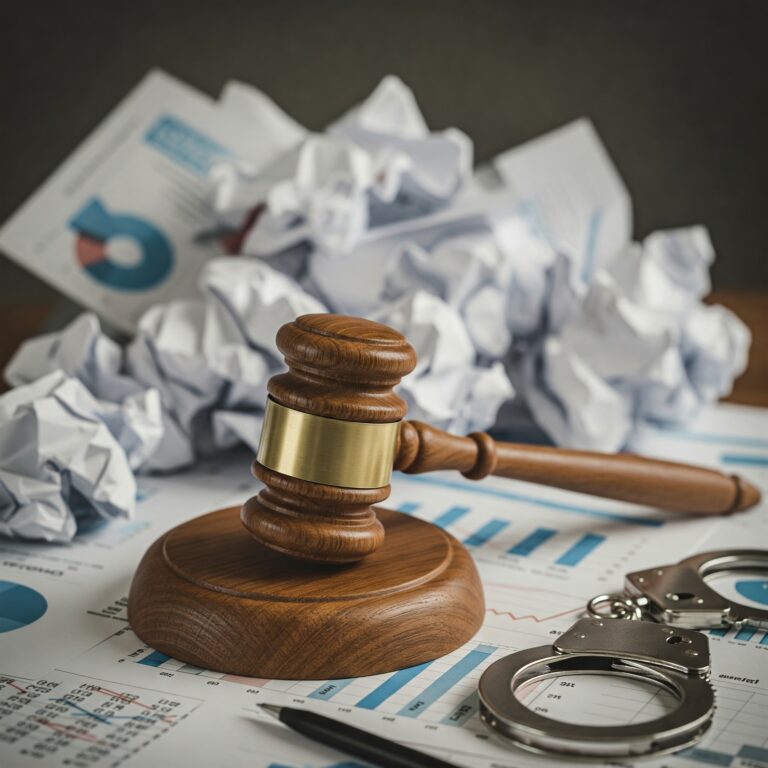
Introduction In a stark reminder of the vulnerabilities businesses face from within, Valerie Joseph, 61, of Murrells Inlet, South…
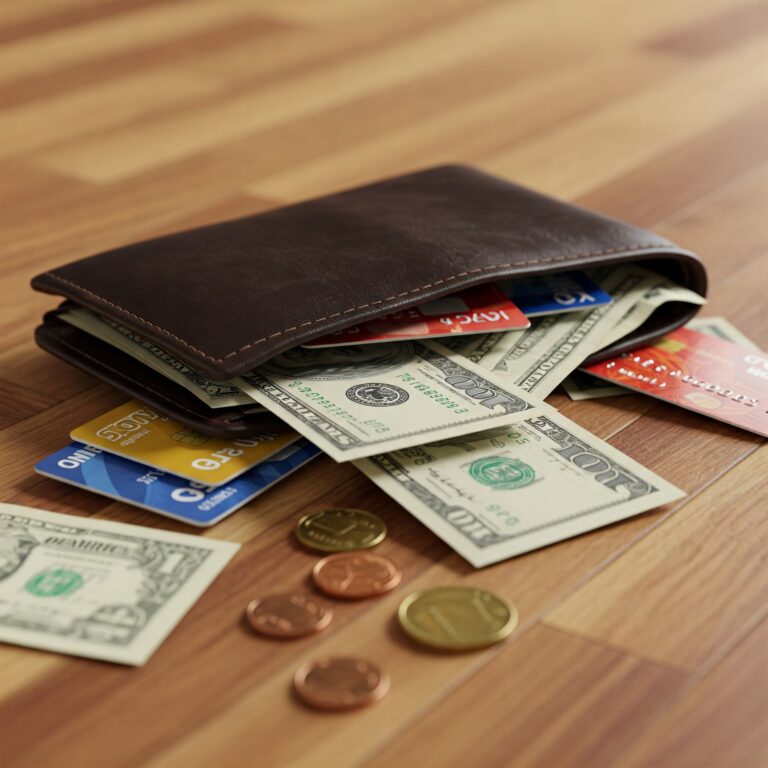
The sudden, sinking feeling of a hand patting an empty pocket or rummaging through a purse only to find…

Protect Your Privacy and Business: Latest Tips, Essential Strategies, and Answers to Key Questions About Information Theft from Trash…

The digital age has brought unprecedented connectivity and convenience, but it has also opened the door to a new…

The COVID-19 pandemic brought unprecedented economic challenges, prompting the US government to launch massive relief programs like the Paycheck…

The Digital Age Dilemma: Convenience vs. Catastrophic Risk The digital revolution has woven itself into the fabric of our…

The Federal Bureau of Investigation (FBI) has issued a stark warning to millions of iPhone and Android users across…

The United States healthcare system, despite its advancements, remains vulnerable to fraudulent activities, particularly within programs like Medicare. These…

The digital age, while offering unprecedented opportunities for connectivity and innovation, has also spawned a dark underbelly of cybercrime….

The year is 2025. While digital payment technology has made leaps and bounds in convenience and security, credit and…

Income and asset fraud are pervasive problems, costing individuals and businesses billions each year. Fraudsters are constantly devising new…

In the digital age, where our personal information is constantly shared and stored online, identity theft has become an…

Vendor impersonation scams (fraud), also known as business email compromise (BEC) scam, is a type of cyberattack in which…

One of the most serious threats to businesses is business identity theft (BIT), which occurs when criminals steal the…

What is Corporate Identity Theft? Corporate identity theft is when someone, typically a cybercriminal, illegally acquires and uses a…
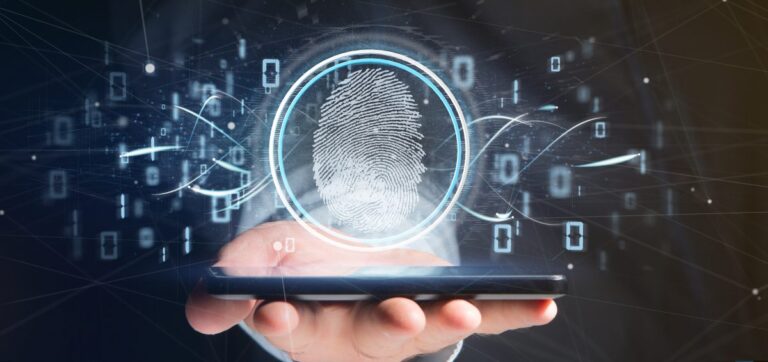
Synthetic identity theft is a type of identity theft in which the perpetrator creates a new identity by combining…

Child identity theft is when someone uses a child’s personal information, such as their Social Security number, to commit…
Medical identity theft is the unauthorized use of an individual’s personal information, such as name, social security number, or…
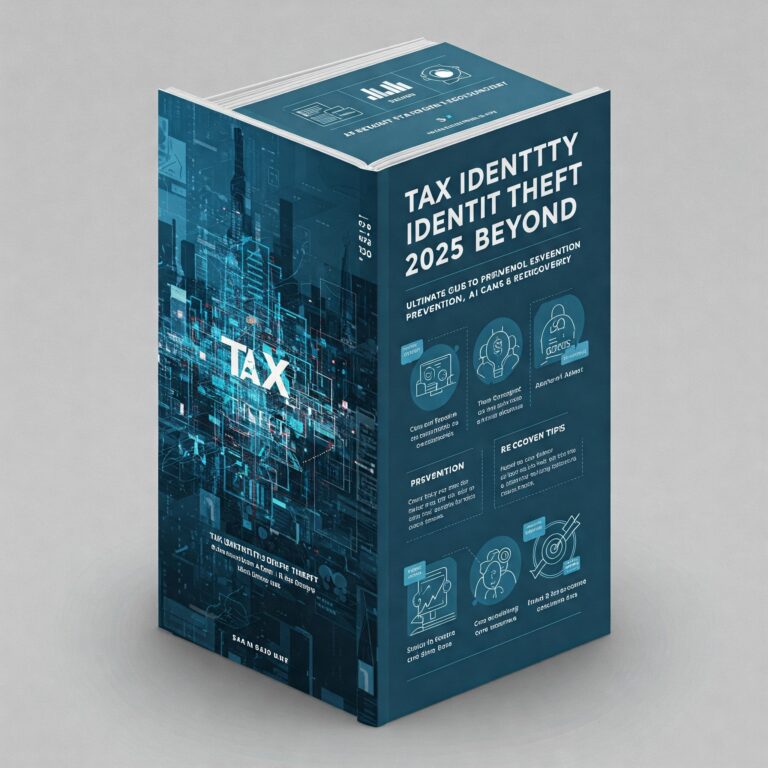
Tax identity theft remains a pervasive and evolving threat, causing significant financial and emotional distress to individuals and businesses….